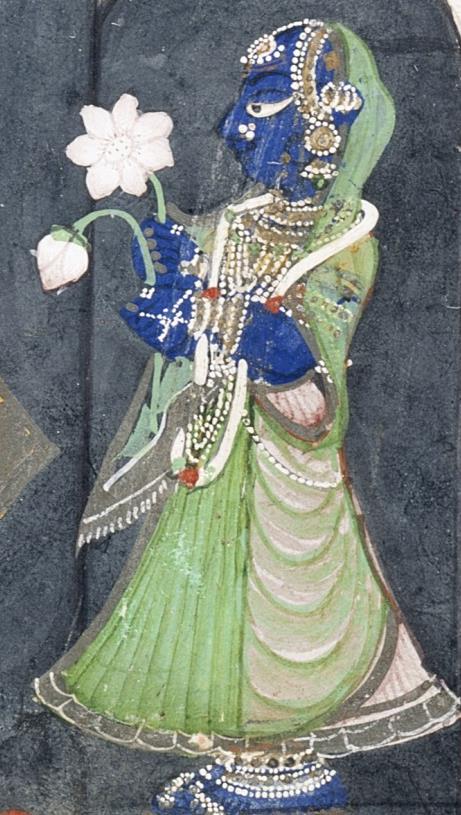महाभारतम्
- first compilation attributed to Vyasa
- Oral Tradition
- Religion
- Adults
- Time Phenomena
- Sanskrit
- महाभारतम् [Great story], first compilation attributed to Vyasa (traditional Sanskrit epic, circa 800 BC to AD 400).
Part of the Hindi epic of the Mahabharata tells of King Kakudmi and his daughter Revati who travel to see the Creator Brahma for advice on which suitor Revati should marry. Although there is no time travel, the king and his daughter do experience a slowed passage of time so that during a short time for them, 27 chatur-yugas, each of which consists of four eras, have passed on Earth.
—based on Wikipedia
Tags
(3)
- Time Periods
- Themes
- Differing Time Rates: A short time in the realm of the Creator equals 27 chatur-yugas on Earth.
- Fictional Tags
- Deities: the realm of Creator Brahma
Variants
(1)
- महाभारतम् [Great story], first compilation attributed to Vyasa (traditional Sanskrit epic, circa 800 BC to AD 400).traditional (based on a work by)
Translations
(1)
- English.
The Mahabharata of Krishna-Dwaipayana Vyasa Translated into English Prose, first compilation attributed to Vyasa (Pratap Chandra Roy, 1883 to 1896).. . . . . . . . . . . . . . . . . . . . . . . . . . . . . . . written by traditional (based on a work by)Vyasa (attributed to)
Indexer Notes
(2)
- Dates—See Accretion and redaction from the Wikipedia article.
- Category—We count the epic as oral tradition because of its origin before an initial compilation.
